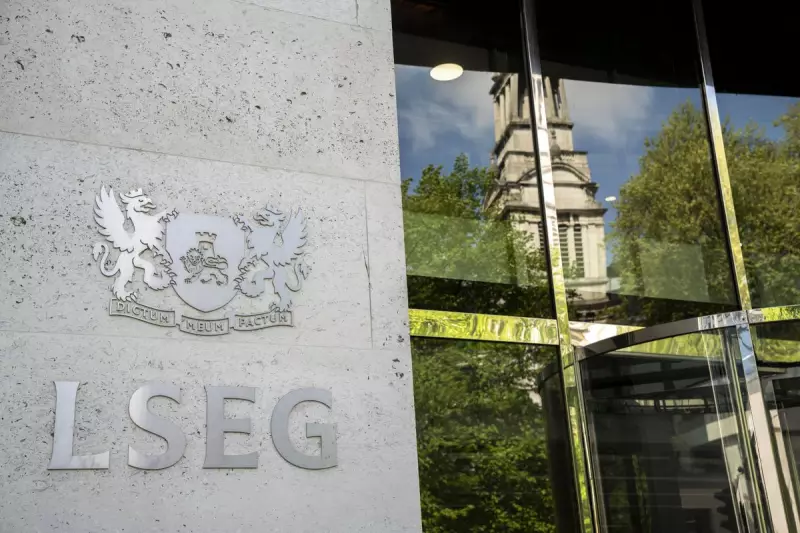
In a decisive move that underscores the lasting impact of Brexit on the financial sector, Swiss banking behemoth UBS is executing a major operational shift away from London. The bank is relocating key business lines and personnel to its European Union hubs in Paris, Frankfurt, and Madrid.
The decision, detailed in a recent memo to staff, is part of a broader restructuring following UBS's historic acquisition of rival Credit Suisse. It represents one of the most significant post-Brexit relocations by a global bank, solidifying the EU's financial centres as critical nodes for serving European clients.
A Strategic Pivot to the EU
UBS will establish Paris as its central EU hub for wealth management and investment banking. Frankfurt is slated to become the new centre for its asset management division, while Madrid will be developed as a key strategic site. This tri-city approach is designed to ensure seamless access to the EU single market.
"This is not just a symbolic move; it's a fundamental rewiring of their European operational blueprint," said a senior financial analyst. "By embedding these critical functions within the EU, UBS is future-proofing its business against ongoing regulatory divergence between the UK and the bloc."
The London Exodus Continues
While London will retain a substantial presence and remain a global hub for UBS, the transfer of specific EU-focused roles marks a continued trend of financial activity moving from the UK to the continent. The bank has assured that client-facing activities for UK clients will be unaffected and remain based in London.
The move is seen as a direct consequence of the UK's departure from the EU, which removed the financial passporting rights that allowed firms in London to serve clients across Europe seamlessly. Other global banks have made similar, though often smaller, adjustments to their European operations since 2016.
This strategic realignment by one of the world's most important financial institutions signals a long-term commitment to its EU operations and serves as a stark indicator of the ongoing reshaping of Europe's financial geography in the post-Brexit era.





